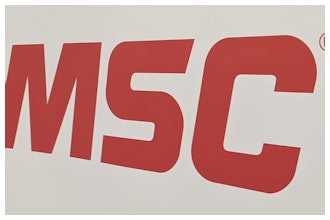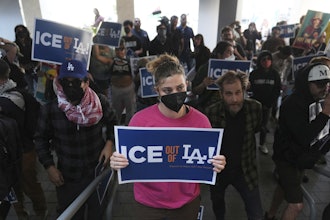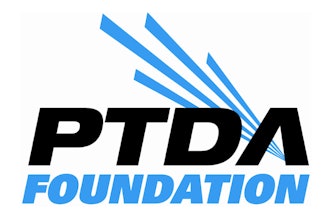Last week, Amazon raised its company-wide minimum wage to $15 per hour for all full-time, part-time and temporary workers in the United States, a move that is estimated to impact over 350,000 people. A pay raise will also be rolled out in the United Kingdom with the specific increase based on the location of its workers.
This company-wide shift comes at the expense of certain benefits like the Restricted Stock Units, which supplemented Amazon employees income. By the end of 2019, Amazon is expected to phase out the Restricted Stock Unit option and replace it with a direct stock purchase plan. The change was partially fueled by the release of the pay gap between its CEO Jeff Bezos and the median Amazon worker, which sparked outrage in April of this year.
Amazon’s competitors haven’t been able to match the company’s quick minimum wage raise. Target’s minimum wage currently stands at $12 per hour, a move the company fully rolled out in September. By the end of 2020, Target expects to match Amazon’s minimum wage. Walmart raised its minimum wage from $9 to $11 per hours after the corporate tax cuts in December. Costco upped its minimum wage from $13 to $14 in June.
Amazon Pay Raises Leave Competitors Flat-Footed
Last week, Amazon raised its company-wide minimum wage to $15 per hour for all full-time, part-time and temporary workers in the United States, a move that is estimated to impact over 350,000 people.
Nov 6, 2018
Latest in Workforce Development























